Project Career
Welcome.
This website is designed to support college students who have a traumatic brain injury (TBI), their family members and caregivers, college advisors, educators, health and rehabilitation providers, military/veterans and advocates to explore the STAR practices and strategies used in our project. Here, you will find the tools, information, accommodations, and employment-supporting resources necessary to enhance college and career achievements using readily-available technology and apps.
Project Career is funded by the National Institute on Disability, Independent Living, and Rehabilitation Research out of the U.S. Department of Health and Human Services.
The contents of this website were developed under a grant from the National Institute on Disability, Independent Living, and Rehabilitation Research (NIDILRR grant number 90DP0062-01-00). NIDILRR is a Center within the Administration for Community Living (ACL), Department of Health and Human Services (HHS). The contents of this website do not necessarily represent the policy of NIDILRR, ACL, or HHS, and you should not assume endorsement by the Federal Government.
Read more about Project Career and STAR.
Additional Resources
To access additional resources across a wide variety of TBI-related topics of possible interest, check out our resources page.
Filter Resources
Use the following controls to filter resources by audience, resource type, and/or STAR practice.

Information
Model Systems Announcement
The Model Systems Knowledge Translation Center (MSKTC) is recruiting individuals with traumatic brain injury (SCI) as well as their caregivers and nurses to participate in a research study
Resources
Information
Upcoming Live Webinars from BIAA
The Brain Injury Association of America offers a number of live seminars.
For a complete listing of upcoming sessions, click here.
Resources
Information
Girls and Women with Acquired Brain Injury
The American Congress of Rehabilitation Medicine is now hosting a task force on women and girls with adquiring brain injury. Their mission is "to advance scientific knowledge, develop standards of practice, and advocate for the appropriate care of girls and women with acquired brain injury and as such address the inequity of research on this area. To promote knowlege mobilization with respect to research on girls and women with acquired brain injury in collaboration with stakeholders."
For more information about this task force, check out their brain injury webpage.
Resources

Information
New Project Career Resources Page
Our website has expanded! Check out our new Resources page, containing resources of interest. Check back often, as new resources will be added frequently.
Resources

Research
Assistive Technology Research
Recent research article examines the use of assistive technology services for college students. This study involved 350 students with disabilities who reported positive impacts of using assistive technology in their educational pursuits.
Student
Research
Link Between TBI and Alzheimer's?
Researchers examined the possible connection between TBI and the genetic risk for Alzheimer's disease. The Defense and Veterans Brain Injury Center presented a clinical update on this research. The resulting podcast is available at the DCOE website.
Resource
Information
Workforce Recruitment Program
Cosponsored by the Department of Labor's Office of Disability Employment Policy and the U.S. Department of Defense, the Workforce Recruitment Program connects current college students and recently graduated college students with disabilities to both federal and private sector employers. Both summer internships and permanent jobs are available. Students, employers, and schools are all encouraged to check out this innovative program. Click here fore more info.
Student
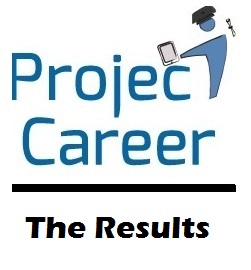
Research
Project Career Demographics
The latest data reports on Project Career show 106 students have now participated in the program. Of those, 83% attend 4-year colleges and universities. The remaining 17% attend 2-year institutions. See more data about the Project Career students…
Student

Information
Cognitive Support Technology
A key component of the Project Career process is the use of Cognitive Support Technology. To learn more about how the Project Career student participants benefit from the use of CST, check out our page on this program aspect.
Student

Information
Project Career Severity and Cause of TBI
Project Career students self-report on the severity and cause of their TBI. Read more…
Student

Information
What is Cognitive Support Technology?
Cognitive Support Technology is any device, software ("app"), or other technology-based tools that assist with tasks typically handled by the brain. This includes supporting memory, organization, and navigating. Project Career uses Cognitive Support Technology (CST) to help students who have experienced a TBI improve their academic performance.
Technology
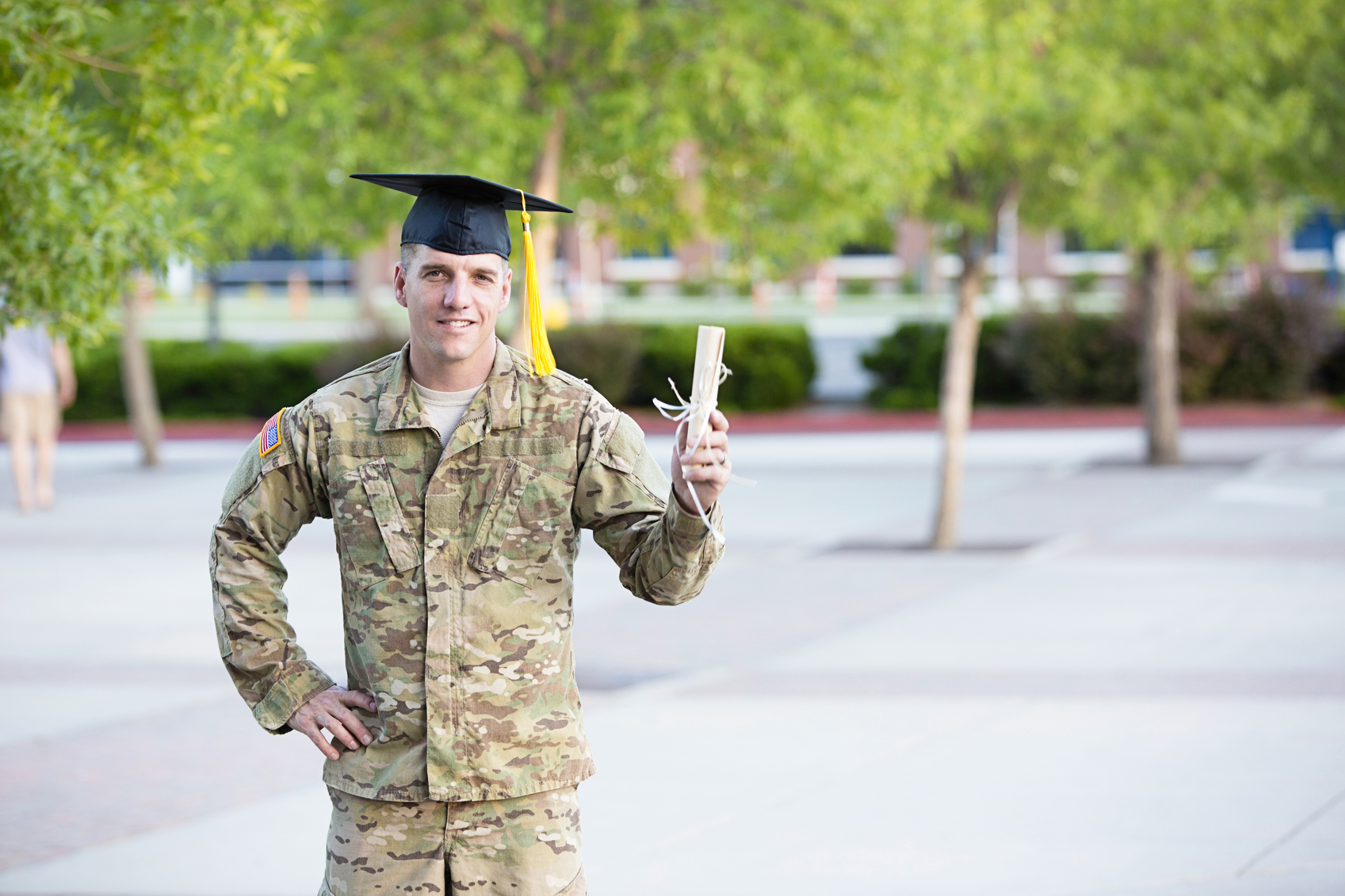
Information
BrainlineMilitary
This webpage from Brainline provides resources for military personnel who want to transition to school following a traumatic brain injury. It includes the Veterans Administration, Military OneSource, and Student Veterans of America. Go to their site…
Veteran
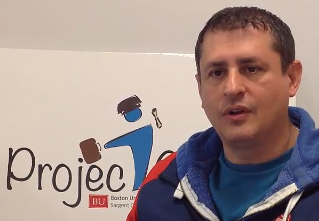
Videos
Project Career Student Video
Watch as one of Project Career's student participants discusses his use of the iPad and apps. This student uses a variety of apps to improve his academic performance.
Click here to view the video.
Student

Research
Study Looks at Interim Project Career Outcomes
Although still early in the five-year grant cycle, Project Career has published some preliminary findings. This study found participants in the Project Career program are using cognitive support technology (CST) and having an improved experience with technology. The abstract and complete reference information are provided.
Resources

Research
Research Article Reviews Five Case Studies
An article about Project Career published in the the journal NeuroRehabilitation includes case studies on five Project Career participants. Authored by Amanda Nardone, Elaine Sampson, Callista Stauffer, et al., this article includes a set of qualitative analyses for each individual's case notes. The article's abstract and complete reference information are available.
Resources

Research
Effects of Concussion
New research examines what happens at the neuronal level during a concussion and reveals how a blow to the head causes swellings along the axon of the neuron. The new insights could help researchers to improve symptoms in patients with concussions.
Student

Apps
Cornell Note-Taking Method and Notability
Here's some great information about how you can take more effective class notes! You will learn about the Cornell Method of note-taking and how you can use the Notability app with the Cornell Method on your tablet or laptop computer. To get started, go to our Cornell Method page.
Audience: Students, Educators
Accommodations
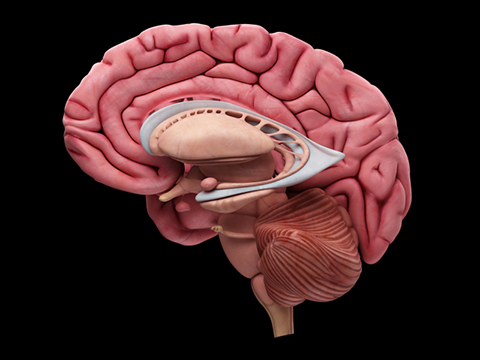
Information
TBI 101
Looking for information about traumatic brain injury (TBI)? Many organizations provide helpful information about what a TBI is and how it can affect many different aspects of life. Goverment agencies, government-funded projects, and non-profit organizations all offer a wealth of information, resources, findings, and more. To access these, go to our informational resources page.
Resources

Information
State Vocational Rehabilitation Agencies
Have you accessed your State Vocational Rehabilitation office? They can provide individuals who have a traumatic brain injury with employment-focused services. These include education, job training, job readiness, and much, much more.
For a complete list of each state's main office, click here.
Resources

Research
Traumatic Brain Injury and Psychiatric Disorders Article
This study conducted by Schwarzbold et al examines how psychiatric disorders and traumatic brain injury frequently occur together. This study approaches epidemiology, diagnosis, associated factors, and treatment as well as the present state of knowledge in the field.
Resources

Information
Employees with Brain Injuries-Accommodation and Compliance Series
The Job Accommodation Network's Accommodation and Compliance Series is designed to help employers determine effective accommodations and comply with Title I of the Americans with Disabilities Act (ADA).
Accommodations

Information
Job Acccommodation Network
The Job Accommodation Network (JAN) is a source for free, expert, and confidential consultation and guidance about workplace accommodations and disability-related employment issues.
For more information, see our full page of resources available from JAN.
Resources

Information
Back to School Guide to Academic Success
A booklet from the Defense and Veterans Brain Injury Center for service members and veterans who have incurred a TBI and are going to college, university, or vocational school.
Student

Information
Project Career Web Portal Launched
Project Career is pleased to make this new web-based resource available to anyone who is interested in improving the academic performance of students who have experienced a traumatic brain injury (TBI). Bookmark this page now.
STAR

Information
NPR Broadcast
In a recent NPR broadcast, Amy Cuddy, author and Harvard Business School social psychologist, discussed her TBI and how she felt returning to college following this life-changing event.
Check out her talk on "The Power of 'Presence'" at the WBUR On Point page.
Resources

Webcasts
Job Accommodation Network's PTSD Webcast
Check out this webcast on Post-Traumatic Stress Disorder from the Job Accommodation Network.
View PTSD Module (25 minutes).
Download accessible transcript. Access the reference and resource lists from JAN. Download accessible corresponding handouts and resources.
Accommodations
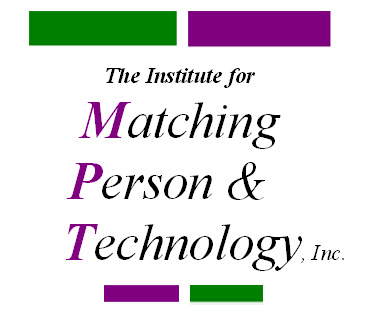
Videos
Intro to the MPT
This video provides viewers about the Matching Person and Technology Model, what it is comprised of, and reasons to why it is successful in matching individuals with assistive technology devices and tools.
Technology

Information
Military.com
A comprehensive, cross-service website. It includes news items, benefits information, jobs, and military life. Go to home page or to their TBI Resources page for further information.
Veteran

Webcasts
Accomodations for Brain Injury in the Workplace
This webcast from the Job Accommodation Network provides information on accommodations in the workplace and how employees can disclose needed supports in the workplace.
Accommodations

Videos
Matching Person and Technology
A cornerstone of the Project Career model is matching an individual with the right technology. The MPT tool can be used to determine specific needs. The MPT focuses on the Person, Milieu, and Technology.
Technology

Information
Veterans' Families United Foundation
This resource seeks to empower veterans and their loved ones through gentle, accessible, and holistic healing resources. Services include retreats, workshops, and wellness. For more information, visit their web page.
Veteran
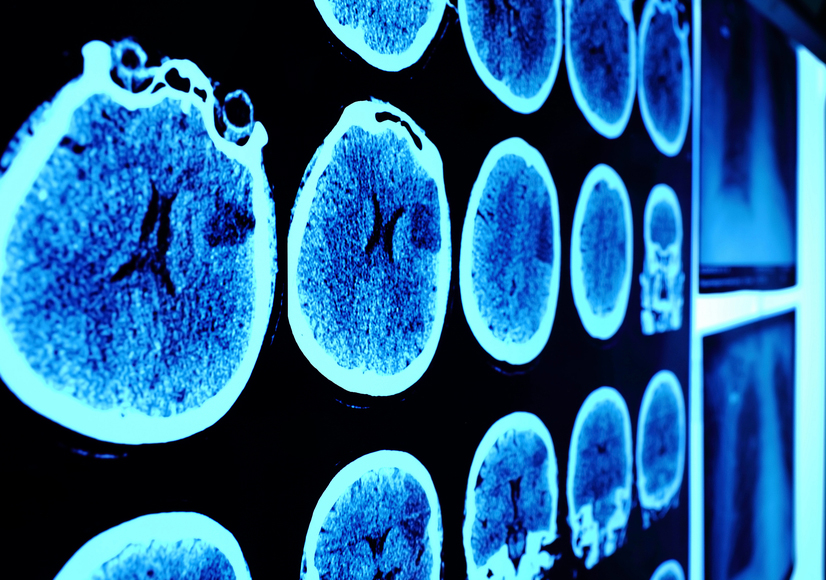
Information
HELPS Screening Tool
An assessment tool that can be used to determine if a person has had a traumatic brain injury or not. Helpful if a provider is trying to determine if or what other services to refer or recommend.
Student
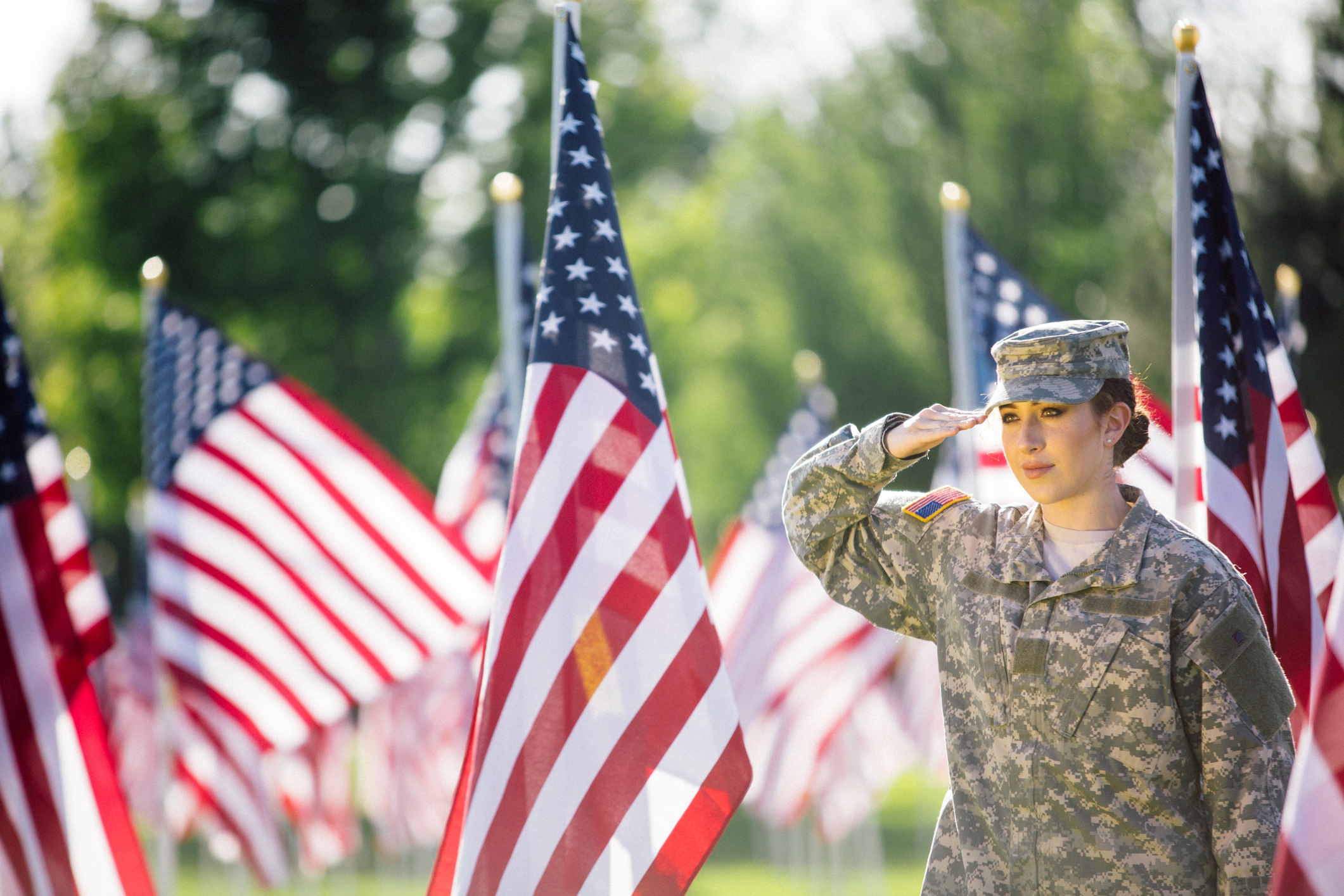
Information
Computer/Electronic Accommodations Program (CAP)
The Computer/Electronic Accommodations Program (CAP) is a centrally-funded program providing assistive technology (AT) and reasonable accommodations to people with disabilities and wounded Service members.
CAP's mission is to ensure that people with disabilities and wounded Service members have equal access to the information environment and opportunities in the DoD and throughout the Federal government.
Veteran
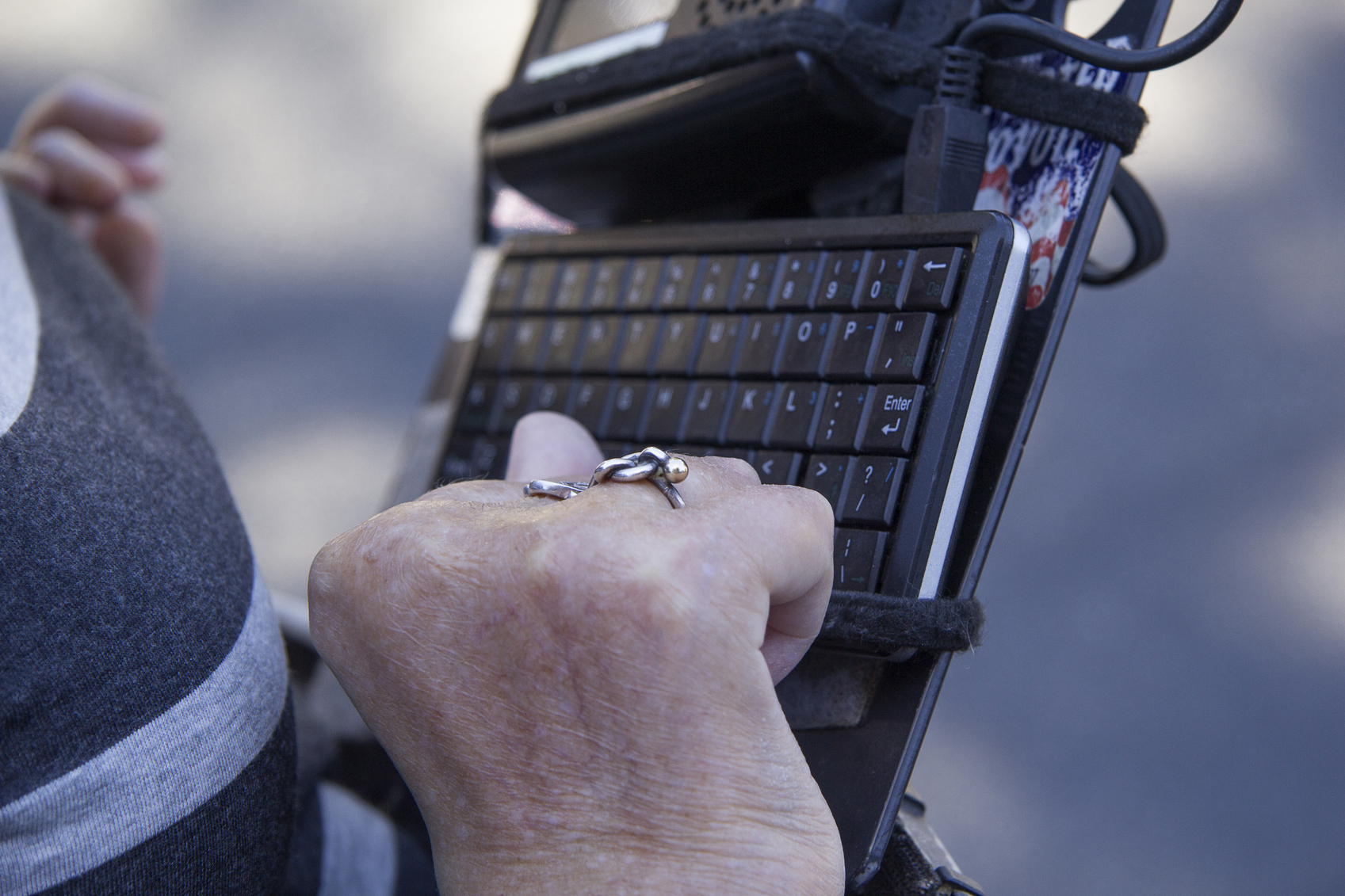
Information
Spasticity and Traumatic Brain Injury
This article from the American Congress of Rehabilitation Medicine answers frequently asked questions about spasticity.
Resources

Information
Mentoring
Another essential companent of the Project Career process is Mentoring. To learn more about how mentoring helps the Project Career students, go to our Mentoring page.
Student
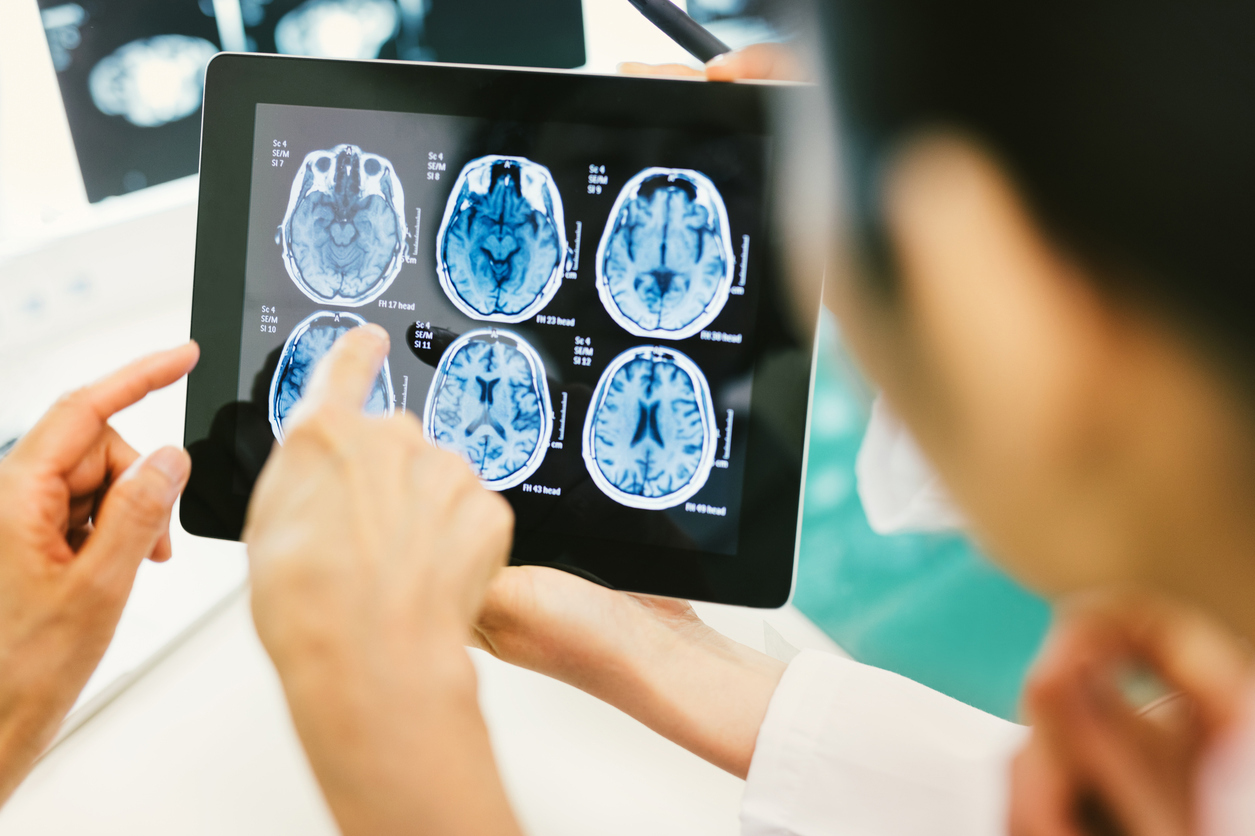
Research
Mild TBIs Can Have Long-Lasting Effects
Until fairly recently, it was generally believed that milder traumatic brain injuries did not result in long-term effects. But new research findings are changing this thinking. Read this summary of some of the latest research on this important topic about how those with mild TBIs can continue to experience challenges long after the injury has occurred. Read More…
Student

Information
Veterans Resource Center
Offering a wide range of programs to address the unique needs of veterans, including employment and training, behavioral health treatment, and transitional housing. Go to their site…
Veteran
Information
Veterans Administration
Public health information about traumatic brain injury from the Veterans Administration. Includes information about symptoms, interventions, and long-term care. Go to their site…
Veteran
Information
Defense and Veterans Brain Injury Center
Provides important information about the number of active-duty service members with a TBI. Go to their site…
Veteran

Information
BrainLine Expert Michael V. Kaplen, Esq on Employment Rights
This Brainline.org article provides essential answers about employee rights in the workplace. Here, Michael V. Kaplen, Esq. includes information related to common issues experienced by individuals with a TBI.
Resources